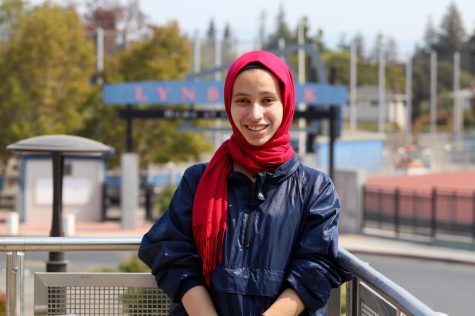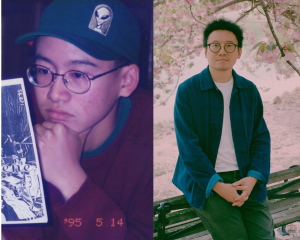Music for Community partners with Wave Learning for music seminars
Graphic illustration by Lina Mezerreg
These are the four periods of classical music.
December 9, 2020
Lynbrook’s Music for Community (MFC) partnered with the online seminar platform Wave Learning to hold a virtual series for students between grades 6 and 12 on the history of the four principal eras of classical music: Baroque, Classical, Romantic and Contemporary. The series began Nov. 18 and will run for a total of five weeks, ending on Dec. 16.
MFC is a music service club that seeks to enrich the community by providing members opportunities to share their musical knowledge and skills, whether it be performing at local senior centers, teaching Dilworth students music after school or hosting annual holiday concerts. Due to the COVID-19 pandemic, these methods of outreach became difficult to recreate, and MFC began looking for other platforms to spread their knowledge and continue giving to the community.
They decided to partner with Wave Learning, an organization formed at the beginning of the COVID-19 pandemic targeting educational inequities amplified by the pandemic. Wave Learning also aims to help students of all ages pursue interests that may go unnoticed and unexplored in traditional academics.
“Wave Learning was the apparent choice,” said MFC Public Relations Officer Angela Sun, who was the primary organizer for this seminar. “When we saw that they had reached students in over 62 countries and had over 2,000 signups and had been featured in several places, we realized that they were a really good platform.”
Wave Learning’s wide network was one of the primary reasons for their partnership, but MFC also felt that their goals aligned when it came to the purpose of the seminar. When it came to picking a point of focus for the seminar, MFC wanted to focus on something that would fit Wave Learning’s non traditional approach and decided that music theory did not fit that criteria.
“Theory can come in many levels,” senior and MFC seminar teacher Alex Zheng said. “Many people already take theory, whether it be from their piano teacher or for the AP test, but history is more generalized and many people don’t know about it, even those who’ve been playing music for a really long time.”
The seminar delves into each of the main period’s distinctive styles, famous composers and defining qualities. The curriculum covers how the Baroque period is known for its exaggerated symphonies, the Classical period for its large ensembles and orchestras, the Romantic for its expressive music and the Contemporary for melding common characteristics from past periods to create unique, modern music.
Both Sun and Zheng say that they like to teach by example. Although the main subject covered by this event is the history of music, they also feel as if appreciation for music plays a large part in their chosen focus. To help students both appreciate and understand the music and logistics behind it, they provide their students with listening samples and sheet music so they can follow along.
“When I teach, I like to include as many demonstrations as possible,” Zheng said. “My assistant teacher is a pianist, so I’d ask him to demo things like Alberti Bass, a chord common in the Classical period, or homophonic texture, a sort of music accompaniment to a melody.”
Sun agrees with Zheng and says that demonstrations were a key part of her teaching style because it gives students a better grasp of the techniques being taught.
“One of the main concepts I like to exemplify is vibrato, which is a kind of pulsating change of pitch used to add character to the music,” Sun said. “I like to demonstrate it on my cello while students follow along with sheet music. Other members sometimes play live sonatas on their pianos to help students identify between different music forms, such as sonata and rondo.”
COVID-19 has heavily affected organizations like MFC that revolve around in-person interaction to reach their community, but their perseverance through these times is a testament to both the fact that music has no boundaries, and that everyone can continue to do their part in helping out their community.




























































